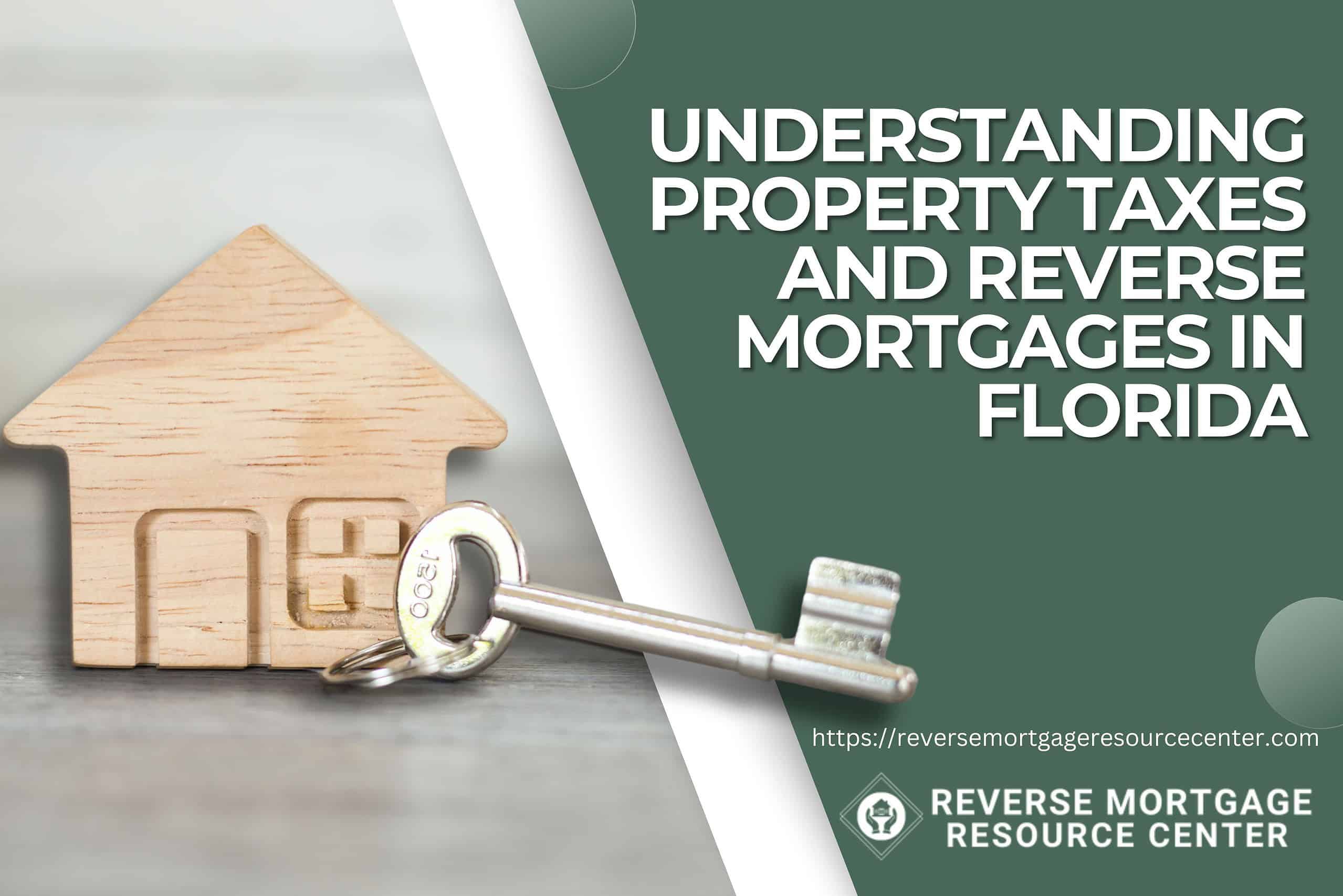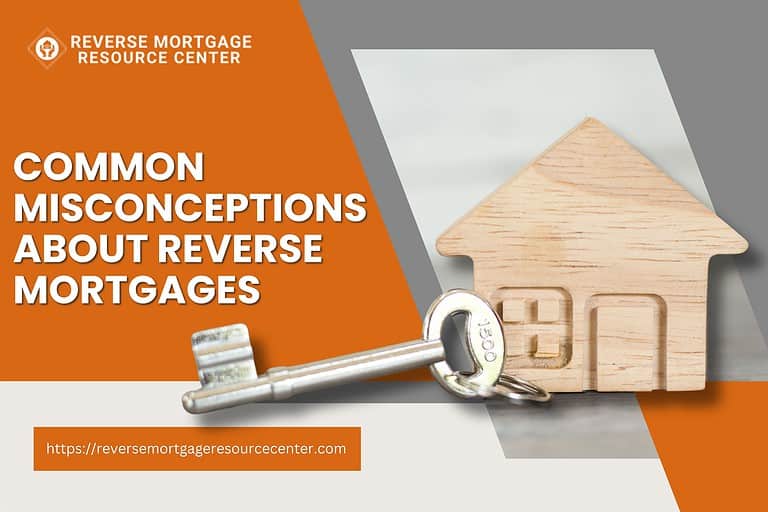Understanding Property Taxes and Reverse Mortgages in Florida
Property ownership is a significant investment, and understanding its various financial aspects is crucial. In the state of Florida, where a significant portion of the population consists of retiree homeowners, property taxes and reverse mortgages are two topics that warrant a closer look. This comprehensive guide will delve into the intricacies of Florida property taxes and reverse mortgages, shedding light on the potential benefits and challenges of these financial tools.
Property Taxes in Florida
The Basics of Property Taxes
Property taxes are an essential source of revenue for local governments in Florida, funding crucial services such as public education, law enforcement, and infrastructure development. These taxes are assessed on a property’s value and levied annually. Understanding how property taxes work is fundamental to responsible homeownership.
Assessed Value vs. Market Value
In Florida, property taxes are based on the assessed value of a property rather than its market value. The assessed value is typically lower than the market value and is determined by the county property appraiser. It is essential to distinguish between these two values to avoid confusion when you receive your property tax bill.
Homestead Exemption
One of the most significant benefits for Florida homeowners is the Homestead Exemption. If a property serves as your primary residence, you may qualify for this exemption, which reduces the taxable value of your home. The exemption can save homeowners a considerable amount of money each year, making it a valuable incentive for residents.
Millage Rates
Property taxes are determined by millage rates set by local taxing authorities, including cities, counties, and school districts. Millage rates are measured in “mills,” with one mill equal to one-tenth of a percent. The total property tax bill is calculated by multiplying the assessed value by the applicable millage rate.
Challenges of Property Taxes in Florida
While property taxes play a crucial role in funding essential services, they can also pose financial challenges for homeowners in Florida.
Rising Property Values
Florida has recently experienced significant property value appreciation, resulting in higher property tax bills. While increasing property values can be a positive sign for homeowners looking to sell, it can lead to rising tax burdens for those who plan to stay in their homes.
Changing Millage Rates
Local governments have the authority to change millage rates, which can lead to fluctuations in property tax bills. Florida homeowners must understand the local political landscape and how it impacts millage rates.
Impact on Retirees
Florida is a popular destination for retirees, and property taxes can substantially impact fixed-income retirees. While the Homestead Exemption can provide relief, retirees must plan for property tax expenses in their retirement budgets.
Section 2: Reverse Mortgages in Florida
What is a Reverse Mortgage?
A reverse mortgage is a financial tool that allows homeowners, typically seniors 62 and older, to convert a portion of their home equity into readily accessible funds. This can be a valuable option for retirees looking to supplement their income without selling their homes. In Florida, reverse mortgages can provide a lifeline for retirees living on fixed incomes.
Types of Reverse Mortgages
There are three primary types of reverse mortgages available in Florida:
- Home Equity Conversion Mortgage (HECM): The HECM is the most common type of reverse mortgage insured by the Federal Housing Administration (FHA). It offers various payment options and can be used for various purposes.
- Proprietary Reverse Mortgages: These are private loans that the FHA does not insure. Proprietary reverse mortgages may offer higher loan amounts for homes with substantial equity.
- Single-Purpose Reverse Mortgages: These loans are typically offered by state or local government agencies and are designed for specific purposes, such as home repairs.
Benefits of Reverse Mortgages in Florida
Reverse mortgages come with several benefits, making them an attractive option for Florida homeowners, particularly retirees.
Supplementing Retirement Income
For retirees, reverse mortgages can provide a steady stream of tax-free funds, allowing them to cover living expenses, healthcare costs, and other financial needs without the burden of monthly mortgage payments.
No Monthly Mortgage Payments
One of the most appealing aspects of reverse mortgages is that homeowners are not required to make monthly mortgage payments. This can significantly ease the financial burden on retirees.
Stay in Your Home
With a reverse mortgage, you can continue to live in your home while accessing your home equity. There is no need to downsize or move out, making it a practical option for those who want to age in place.
Challenges of Reverse Mortgages in Florida
While reverse mortgages offer various advantages, they also have some considerations and potential downsides.
Accumulating Interest
Over time, the interest on a reverse mortgage accumulates, increasing the loan balance. This means that the amount owed to the lender can grow substantially, potentially reducing the equity available to heirs.
Impact on Heirs
The loan becomes due when a homeowner with a reverse mortgage passes away. Heirs may need to repay the loan balance or sell the property to settle the debt. This can impact the inheritance left for family members.
Fees and Costs
Reverse mortgages can come with upfront fees and closing costs, making them a less cost-effective option for short-term financial needs.
Section 3: Combining Property Taxes and Reverse Mortgages
Reducing Property Tax Burden
For Florida homeowners who are retirees, there may be an opportunity to use a reverse mortgage strategically to help alleviate the burden of property taxes.
Payment of Property Taxes
Reverse mortgage proceeds can cover property tax bills, ensuring homeowners do not face financial hardship or risk losing their homes due to unpaid taxes.
Utilizing the Line of Credit
With a reverse mortgage line of credit, homeowners can access funds as needed to pay property taxes when they come due. This flexibility can be a valuable tool in managing tax obligations.
Risks and Considerations
While using a reverse mortgage to address property taxes can be a viable solution, it is essential to understand the potential risks and long-term implications.
Accumulating Interest
As mentioned earlier, the interest on a reverse mortgage accumulates over time. Using the loan proceeds for property taxes may increase the loan balance and reduce the equity available to heirs.
Impact on Heirs
Using a reverse mortgage to pay property taxes can affect the inheritance left to heirs, as it may reduce the equity in the home.
Long-Term Financial Planning
Florida homeowners should consider the impact of a reverse mortgage on their long-term financial plan. It’s advisable to consult with a financial advisor to ensure that a reverse mortgage aligns with your overall financial goals.
REVERSE MORTGAGE RESOURCE CENTER ~LIVE LIFE ON YOUR TERMS~
Our Lending Team has been serving our clients since 2004. We are passionate about serving our clients with integrity to help them achieve their financial goals.







